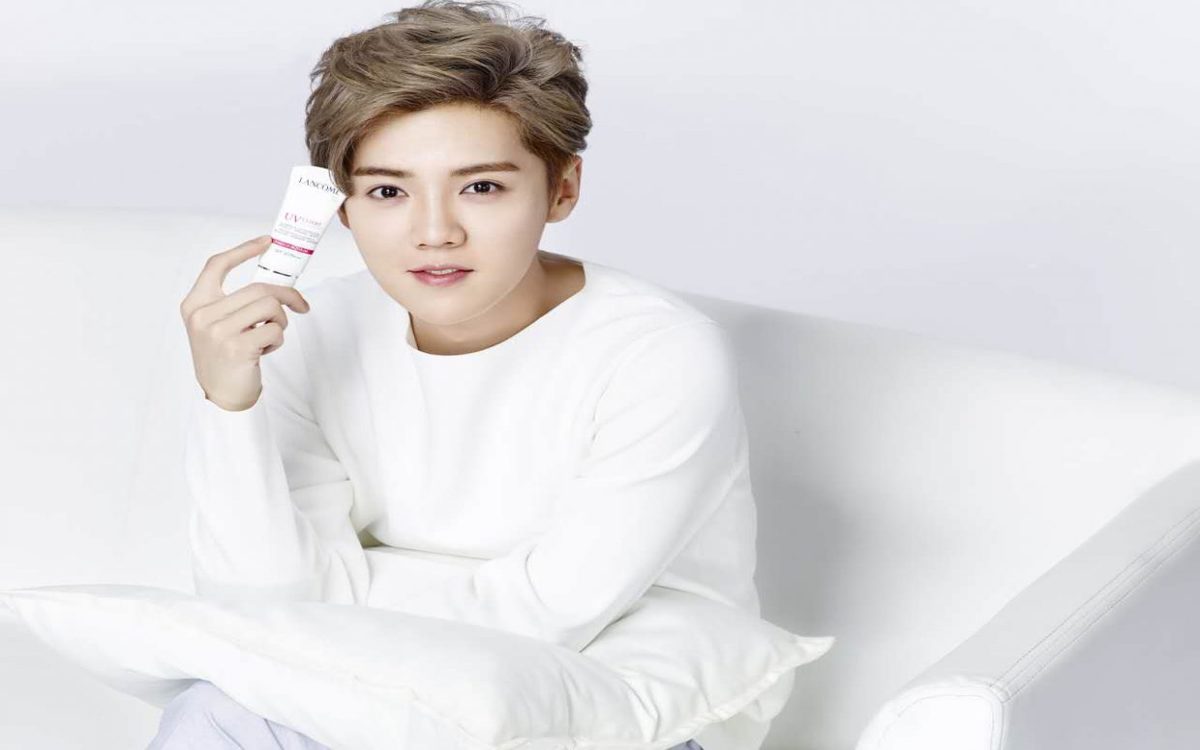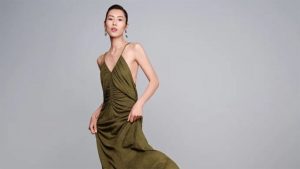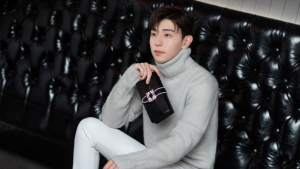- China’s top celebrities remain a potent force in the era of social media — if brands use them the right way.
- Celebrities’ sponsored posts on social media about brands create a massive “amplification effect” when done correctly.
- Those posts can lead to social engagement at a rate up to 6,000 times higher than a brand typically sees and reach to a fan base 1,800 times greater.
When it comes to a brand’s efforts to increase awareness and cultivate a desirable image, a new L2 report finds that China’s top celebrities remain a potent force in the era of social media — if brands use them the right way.
According to the digital intelligence firm’s China “Celebrity Influencers” report, celebrities’ sponsored posts on social media about brands create a massive “amplification effect” when done correctly, leading to social engagement at a rate up to 6,000 times higher than a brand typically sees and reach to a fan base 1,800 times greater than the brand’s own.
The report lists several recent strategies that have been particularly successful as China’s celebrity trends and social media landscape rapidly evolve. It notes that brands featuring young, trendy, and newly famous male celebrities dubbed colloquially as “Young Fresh Meat” in Chinese (小鲜肉) have been especially adept at winning over Chinese millennials with social media promotions. One major example was a WeChat campaign for Lancôme by singer and actor Lu Han, who earned the brand 61 percent more views and 52 percent more likes than the brand’s average.
As Chinese internet users have become obsessed with following celebrities on live-streaming sites, brands have also gotten in on China’s live-stream boom for successful campaigns as well. For example, L’Oreal Paris sponsored a special Cannes Film Festival live-stream event on Meipai with brand ambassadors such as Li Yuchun, who promoted a lip balm that sold out only a few hours later. Overall, the live-stream was watched by 3.1 million people and earned 164 million likes.
The goal for brands leveraging these superstars is always to “break the internet” Kardashian-style, and L2 finds that Burberry has been quite savvy generating celebrity-related social hype. For its January 2016 lLondon Fashion Week menswear show that was live-streamed in China, it enlisted top celebrity Wu Yifan as a model to walk the runway. With a combination of personal behind-the-scenes posts by Wu on his Weibo account, special photos and voice messages by him sent through Burberry’s WeChat account, as well as the enlistment of top Chinese fashion bloggers to post about his participation, the brand saw around seven times its average post engagement on WeChat, and a third of all Weibo mentions of fashion brands were of Burberry for the period surrounding the show.
But the report argues that selecting a celebrity brand ambassador shouldn’t just be a numbers game—the celebrity’s identity should align with that of the brand and its values, which may not always mean choosing the one with the most followers. The report notes that brands should also go with celebrities who haven’t overloaded on endorsements in order to cultivate more of a sense of loyalty, as celebrities known for doing constant endorsements of anything and everything tend to receive negative social feedback.
— This post originally appeared on Jing Daily.






